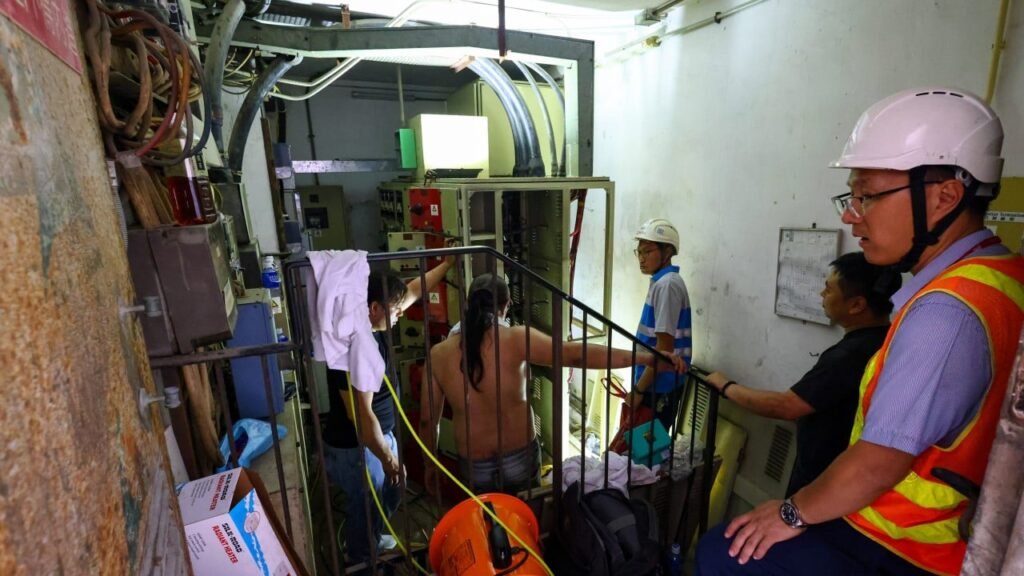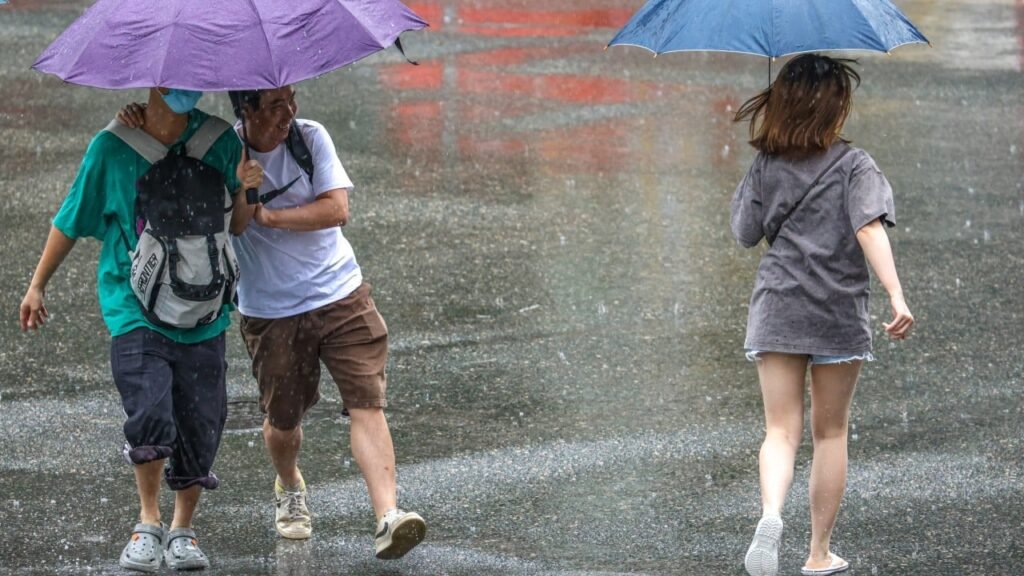Increasing global temperatures rightly capture a lot of attention. Much of the focus is on the dangers posed by melting glaciers or the intensity and frequency of natural disasters.
But another harmful effect of warmer weather is that there are, quite simply, more days for mosquitoes to be active.
What’s happening?
It was recently announced that Hong Kong was at risk of an outbreak of chikungunya fever, a mosquito-borne illness that is not common in the area. This comes on the heels of an outbreak in nearby Guangdong province. Chikungunya fever is characterized by fever and joint pain that can last months or even years.
People traveling between Guangdong province and Hong Kong made outbreaks more possible. “The risk … has increased,” explained Dr. Wong Hoi-Kei, a senior medical and health officer at the Centre for Health Protection.
Why is this outbreak important?
Mosquito-borne illnesses like chikungunya fever or West Nile virus are always a danger during warmer weather. This is because mosquitoes are most active when temperatures rise. Therefore, warming temperatures pose yet another risk to people’s health.
This is particularly concerning because global temperatures continue to rise. Reports suggest extreme heat events are occurring more frequently, for longer periods of time. They are also more severe when they hit.
 Want to go solar but not sure who to trust? EnergySage has your back with free and transparent quotes from fully vetted providers that can help you save as much as $10k on installation.
|
Unfortunately, increasing temperatures offer a variety of threats we are not fully prepared for. For instance, in an article published in JAMA earlier this year, researchers outlined four different categories of illnesses that are spreading more rapidly due to the changing climate. Besides just mosquito-borne illnesses, the report also pointed to rising diseases spread by ticks such as Lyme disease. Further, a Washington Post study estimated a large death toll if power went out during an extensive heat wave and residents were unable to use air conditioning.
What’s being done about the outbreak?
Luckily, there are vaccines available for those who are infected with chikungunya fever. However, they are not currently available in Hong Kong and are not in widespread use around the world.
The Centre for Health Prevention urged the medical community to be on alert when dealing with patients displaying symptoms. They were also working closely with other government bureaus and local authorities to implement mosquito control measures. Authorities asked the public not to let water build up, as mosquitoes are attracted to it, and to use insect repellent.
On an individual level, it is important for people to educate themselves and others about the changing climate. Taking local action is imperative as is talking about these issues with family and friends.
Join our free newsletter for good news and useful tips, and don’t miss this cool list of easy ways to help yourself while helping the planet.








